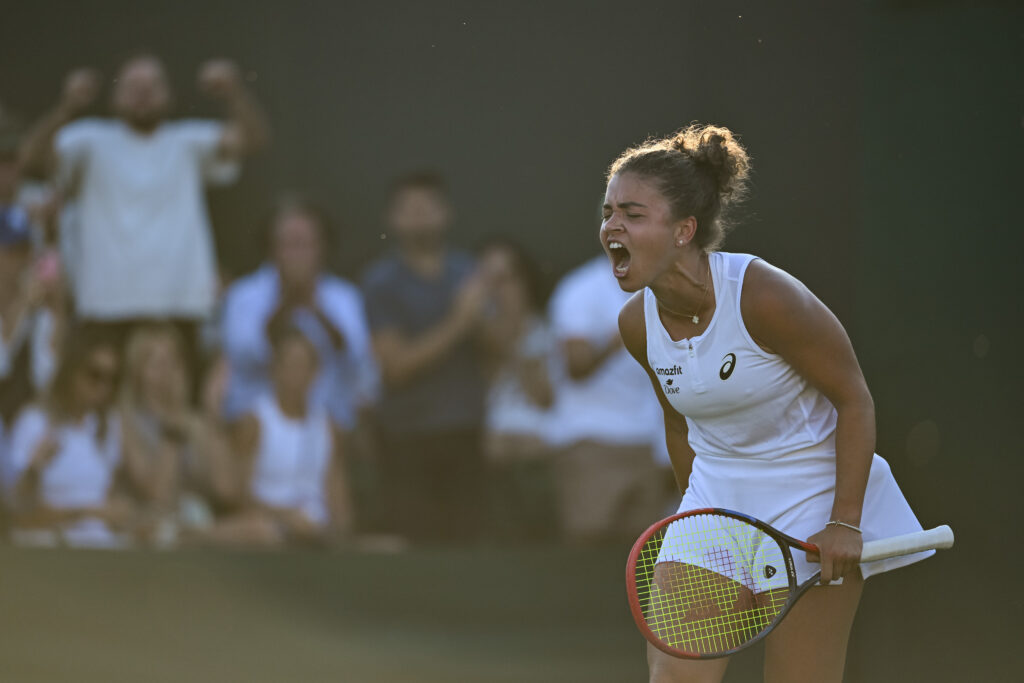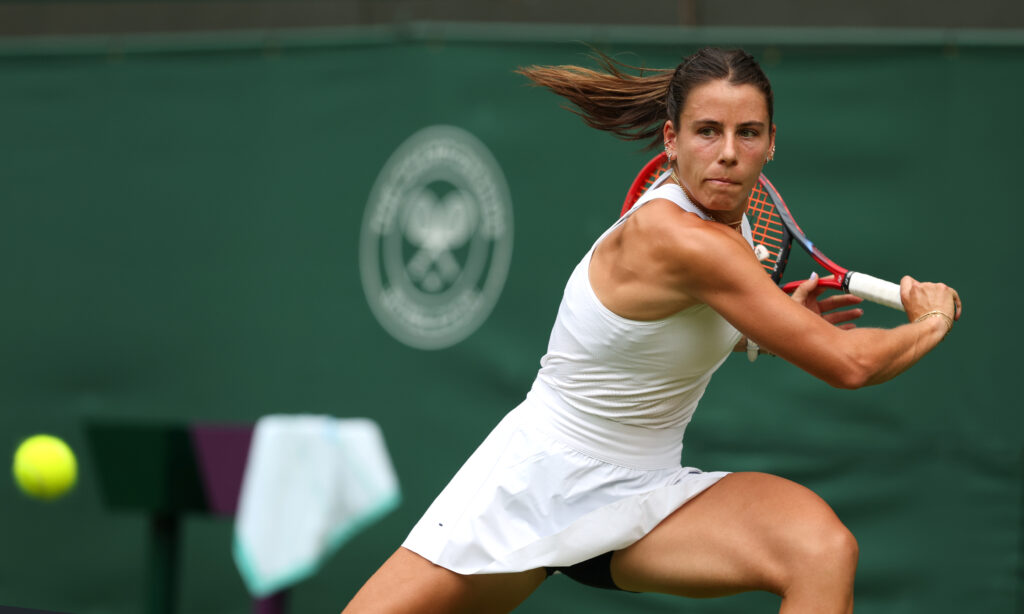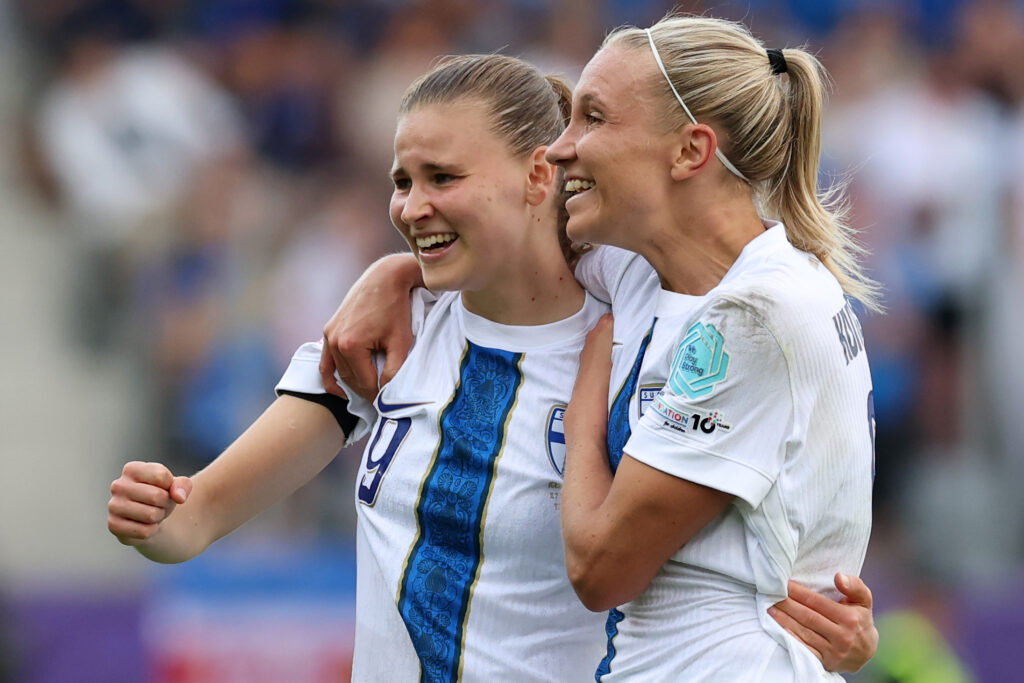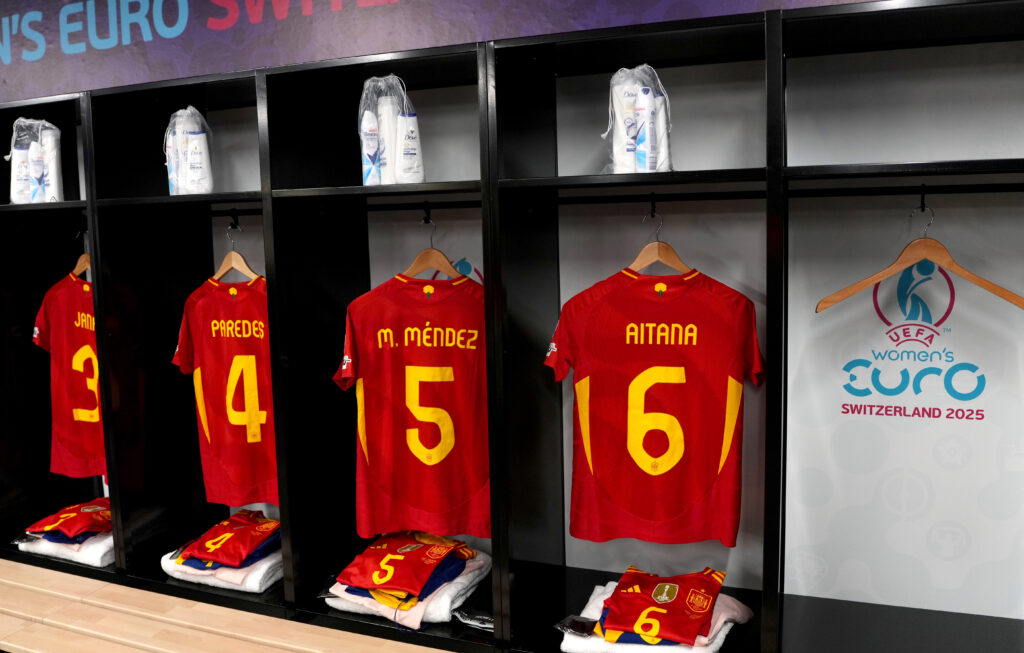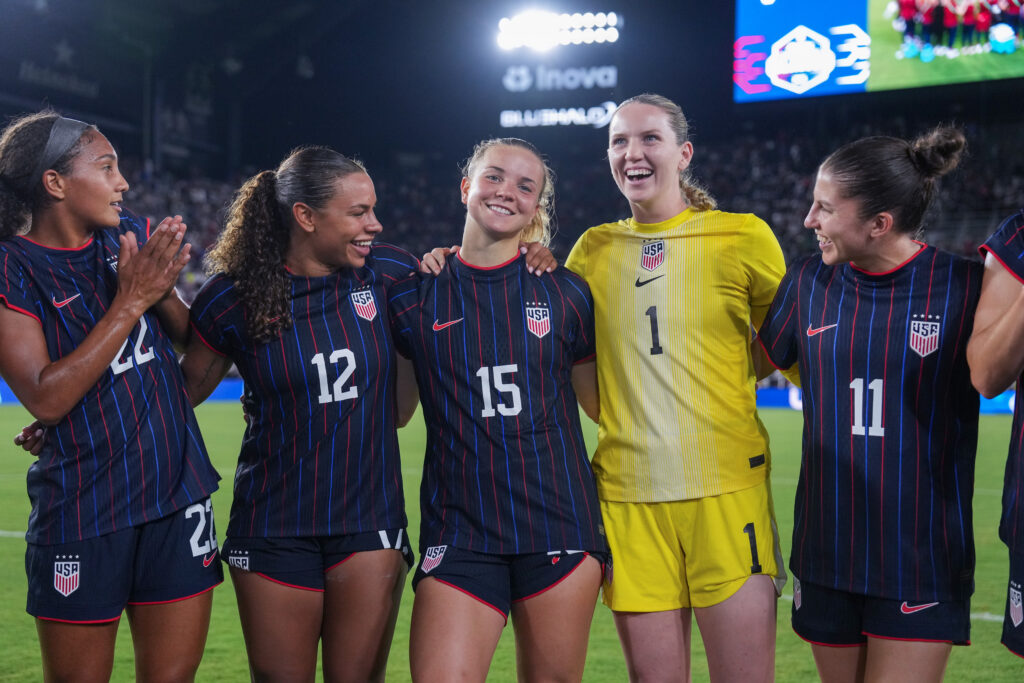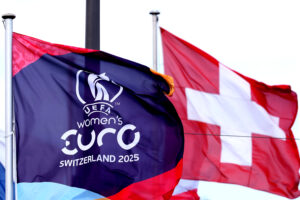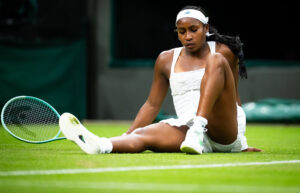Arsenal manager Jonas Eidevall believes the 2023 World Cup should have kicked off earlier in the year.
The tournament is slated to start on July 20, but the packed women’s soccer calendar places the premier tournament just before the start of the next European season. The quick turnaround means little recovery time for players.
Arsenal just confirmed its fourth ACL tear of the season. And while the club is looking at ways to improve, wider change is needed, Eidevall said. In particular, he pointed to the tight schedule as a factor.
“It is very evident from this summer that this World Cup should have been played earlier. It is evident,” he said. “That would have meant the players could finish the season, have some time off, prepare for the World Cup without so much time off they lose their fitness, they play the World Cup, then there is a gap so they have time off again and then we can start the Champions League qualifiers and the league openers.
“But they didn’t get it right, hopefully in the future they can do it better.”
His concerns echo those of his star forward Vivianne Miedema, who shared her concerns about the workload for soccer players in November – just weeks before she herself tore her ACL.
“I see a worrying pattern. The playing calendar for both the women and the men is simply too full,” she wrote. “Actually, it’s just a shame. We are in a world that goes on and on and there are few players who say anything about it. I do. We go completely crazy with the tax on football players and football players.”
Miedema took a break in November as a result of her schedule, which saw her play for the Netherlands national team in the Euros last July and then roll right into the beginning of the Women’s Super League season with Arsenal.
The calendar has only gotten more hectic in 2023.
Eidevall pointed to this summer’s schedule, noting that if Arsenal were to finish third in the WSL this season, they would enter into the Champions League qualifying round just 16 days after the World Cup final.
“That shows how bad the calendar is. We want to try to finish as high as possible in the table, we want to try to go into the Champions League and we need to do whatever necessary to get there,” he said. “But it highlights a very important issue, if you want to protect players and you want to have importance for the World Cup and the Champions League, but it is impossible for the clubs who are going to play in that playoff round.
“I think there are also qualifying rounds that happen during the World Cup. It really highlights the issues with the calendar, where really important stakeholders like UEFA and FIFA can’t schedule tournaments better to allow players time off.”
Recent reports have indicated that English clubs are pushing back at national teams’ World Cup preparations and will opt to release their players just 10 days before the tournament. The European Club Association has cited the increase in injuries and a concern about player welfare, with a goal to give players more rest time following their club seasons.
Many national teams had planned to start their training camps in mid-June, with the intention of traveling to Australia and New Zealand in early July to give their players time to get acclimated before games begin.
“There are bits that I think clubs can solve internally but there are a lot of things that require the whole world of football to cooperate, we need to do both,” Eidevall said. “Some parts are internal and things we can control, then there are things we need external cooperation with.
“For example, the playing schedule or the cooperation between clubs and national teams or how and when competitions are played and how the international match calendar is done. That requires governing bodies, clubs and national teams working together.”

